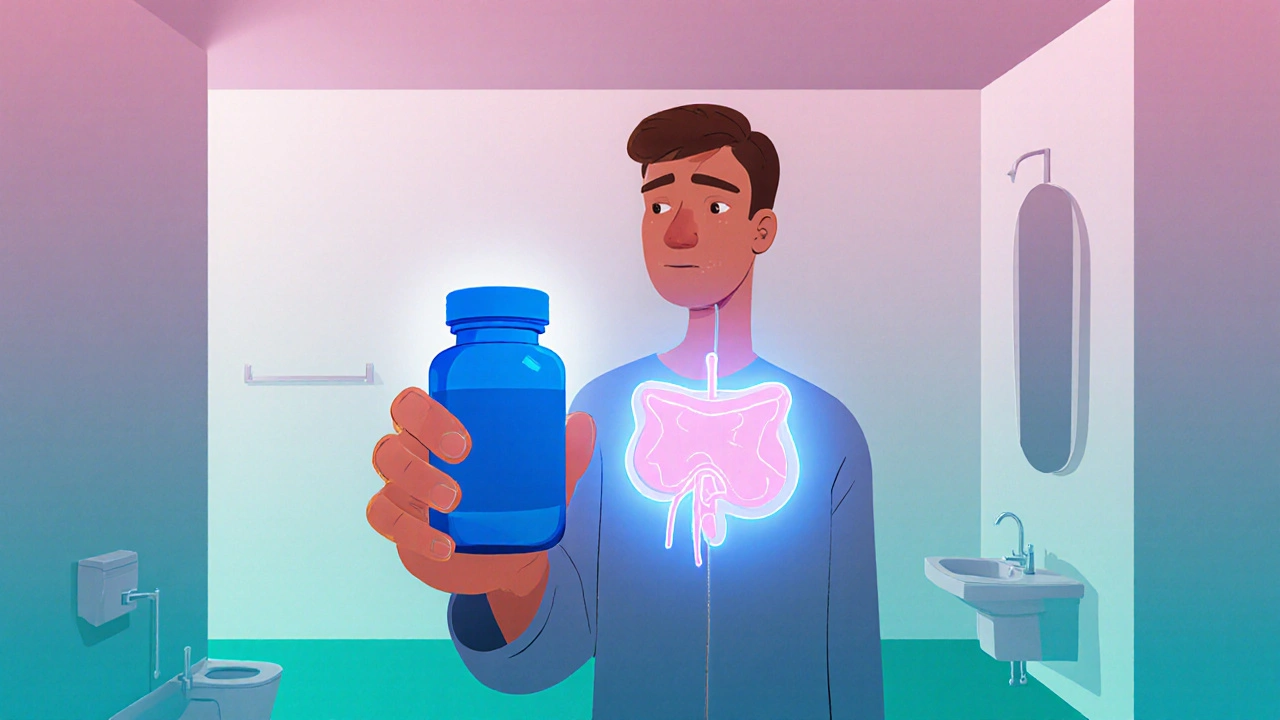Anticholinergic Side Effects Explained
When dealing with anticholinergic side effects, unwanted reactions that happen when drugs block the action of acetylcholine at muscarinic receptors. Also known as anticholinergic adverse effects, they can range from mild to severe. Common culprits are anticholinergic drugs, medications that inhibit acetylcholine signaling such as first‑generation antihistamines, tricyclic antidepressants, and certain antipsychotics. The blockade occurs at muscarinic receptors, protein targets in the nervous system that mediate many bodily functions. One of the first signs many notice is dry mouth, reduced saliva flow leading to thirst and difficulty swallowing. Another frequent complaint is cognitive impairment, confusion, memory lapses, and slowed thinking, especially in older adults.
Other Common Effects and How to Handle Them
Beyond the obvious mouth dryness and brain fog, anticholinergic blockade can cause blurry vision, constipation, urinary retention, and an increased heart rate. These symptoms arise because acetylcholine regulates smooth muscle tone, gland secretions, and heart rhythm. For instance, when the eyes can’t focus properly, it’s a result of the iris sphincter muscle losing its acetylcholine drive. Managing these side effects often starts with simple lifestyle tweaks: sip water frequently, chew sugar‑free gum to stimulate saliva, add fiber to meals, and schedule bathroom breaks to avoid retention. If a medication is the primary cause, talking to a healthcare provider about dose reduction or switching to a non‑anticholinergic alternative can make a big difference. In some cases, clinicians may prescribe medications like pilocarpine to boost saliva or use over‑the‑counter stool softeners for constipation, but these should be used under guidance.
Understanding why anticholinergic side effects happen helps you spot them early and act fast. Below you’ll find a curated collection of articles that dive deeper into specific drugs, compare alternatives, and offer step‑by‑step advice for dealing with each symptom. Whether you’re a patient, a caregiver, or a health professional, the resources that follow give practical insight you can apply right away.
Ditropan (Oxybutynin) vs Alternative Bladder Medications: Full Comparison
A practical side‑by‑side comparison of Ditropan (Oxybutynin) with other bladder medications, covering benefits, side effects, costs, and tips for choosing the right drug.

